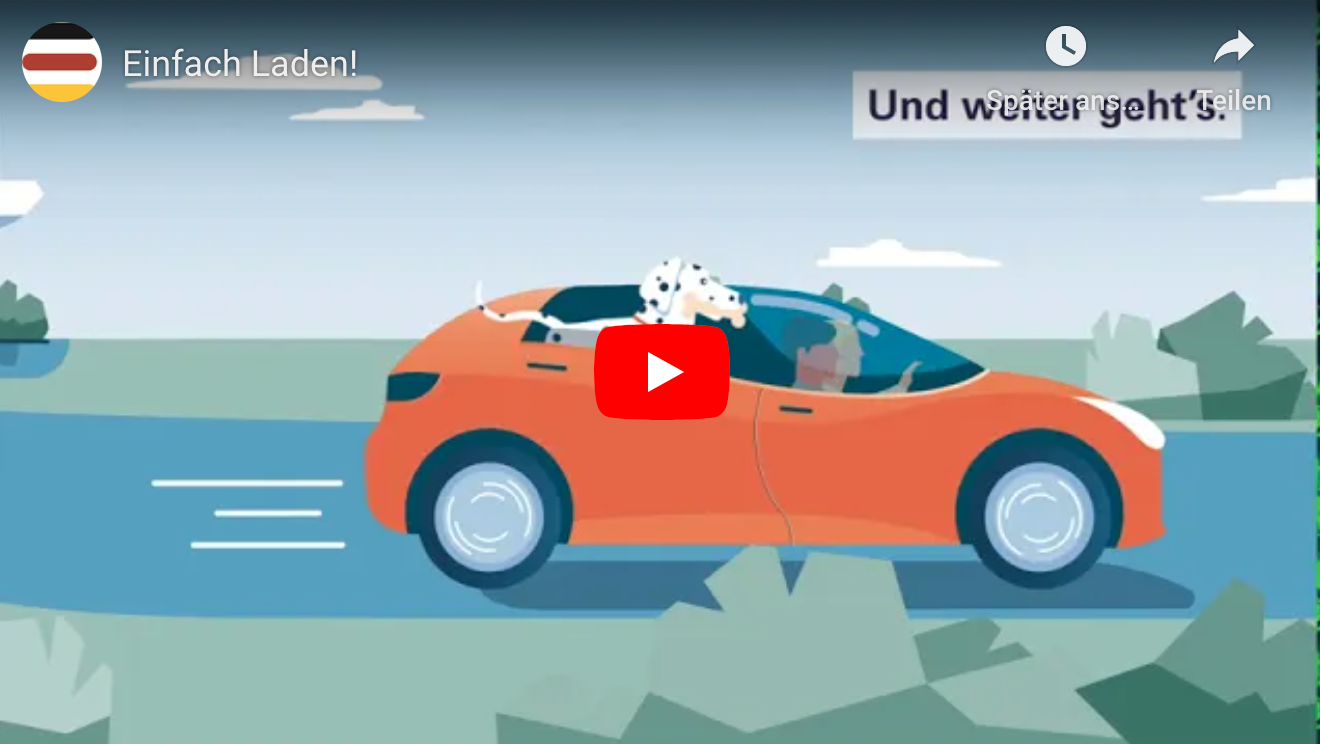The National Centre for Charging Infrastructure (Leitstelle) deals with a broad spectrum of technologies and regulatory issues related to the operation of charging infrastructure. Topics on our agenda include grid integration, roaming, calibration law (Eichrecht), controllable wallboxes, payment options and many others. We also support research projects on charging infrastructure for electric vehicles in order to be able to assess innovations at an early stage. In this and other technical fields, Team Implementation represents the Leitstelle, the BMDV and the federal government in committees and associations as well as vis-à-vis the public, politics and industry. The electric mobility starter set provides municipalities with important information for planning and building up local charging infrastructure.
Accompanying technological development
Which technological advancements does the federal government want to support or incentivize through its funding? What are the latest and future requirements of electric vehicles? What charging infrastructure do electric cars and electric trucks with batteries need? What features must the charging infrastructure exhibit in order to fulfil these requirements? How can these requirements be sensibly integrated in a modern energy grid that is built on renewables? And how must laws, regulations and funding guidelines be designed to make this work? The Leitstelle helps to answer these questions:
The National Centre for Charging Infrastructure is developing the technological requirements for the programme for funding public, commercial and private charging infrastructure. The Leitstelle also developed the requirements for the 1,000 locations of the Germany-wide fast-charging network, planned by the federal government.
The position paper: ‘Easy charging – the charging experience as a user journey at public charging stations for electric vehicles now and in 2025’ is the Leitstelle’s first publication. It is the result of a series of workshops held by the Leitstelle with automotive manufacturers and charge point operators (CPOs) in the spring of 2020 and serves as an important orientation point for us. It describes the charging process from the present users’ perspective and looks at technological trends for the near future.
Downloads
Position paper: Easy charging
- The charging experience as a user journey at pubic charging stations for electric vehicles now and in 2025 (2020)
Roaming
Roaming describes the scenario where users who have signed a contract with a certain e-mobility provider (EMP) for charging their electric cars can seamlessly charge at charging points of many different charge point operators (CPOs). The EMP is responsible for the charging price for charging at different CPOs and must indicate this, e.g. in its charging app. The roaming option also ensures that the charging point can also be found on major platforms and its occupancy status can be viewed.
The aim is to make as many charging points available as possible. The Leitstelle is working to ensure that as many charging points of different CPOs as possible are made available to as many users as possible. All charging points that are funded via the funding guideline for public charging infrastructure must offer roaming.
Calibration law (German Eichrecht)
Calibration law forms the legal basis for capturing the amounts of energy supplied during charging, thereby protecting the consumer. Unlike the electricity metre at home, which records the consumption of a single contract partner, an electricity metre of a charging point measures the electricity supplied to many different vehicles and is billed. Calibration law ensures that the electricity is measured with sufficient accuracy using a suitable measuring device and that the measured value generated is then billed in an unaltered and transparent manner.
For several years, calibration authorities have paid particular attention to electric mobility and as a consequence, charging facilities. Many manufacturers of charging equipment have charging systems on offer that conform to calibration regulations, primarily in the field of AC charging facilities. At the moment, several manufacturers of direct current measuring devices and DC charging equipment are undergoing calibration assessment. DC charging equipment that conforms to German calibration regulations are envisaged to become broadly available on the market from the end of 2021. Retrofitting of the existing charging infrastructure is already underway.


